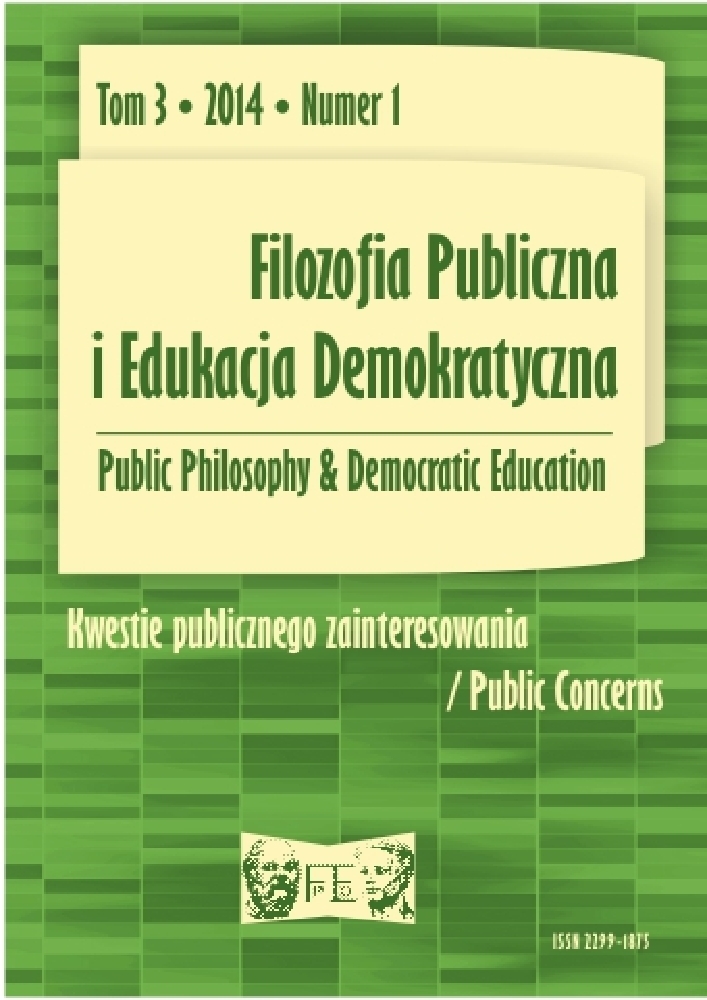Abstrakt
The paper is an approach to present the category of social rights in the background of entire legal system of the human rights protection. It is particularly dealing with the issue of nature of the 2nd generation of human rights and its significance for society. It starts with a brief presentation of the philosophical (human dignity) and normative roots as well as a short historical view of the human rights’ codification; the established legal terminology (human rights, fundamental rights, individual rights and liberties) and various levels of the legal protection (international – of global or regional nature, supranational and national one). Thereafter it focuses directly on the issue of social rights. Unlike the 1st generation of human rights, they are rather connected with public activity, policy and services (facere) than with autonomy and liberty (non facere). This, in turn, demands appropriate institutional structures and procedures. Social rights are hardly provided – in a binding and effective way – by global or regional international law. Thus, the burden of their protection, guaranty and execution is satisfied by the particular state and depends on its economic and social circumstances. On the other hand – they significance is based on fact that they serve the protection of social security which is the fundamental issue for both – dignity and sense of community.
Licencja
Prawa autorskie (c) Autorzy zachowują prawa autorskie i prawa do publikacji swoich artykułów w tym czasopiśmie, przyznając czasopismu prawo do ich rozpowszechniania na warunkach CC BY-NC-ND 4.0
